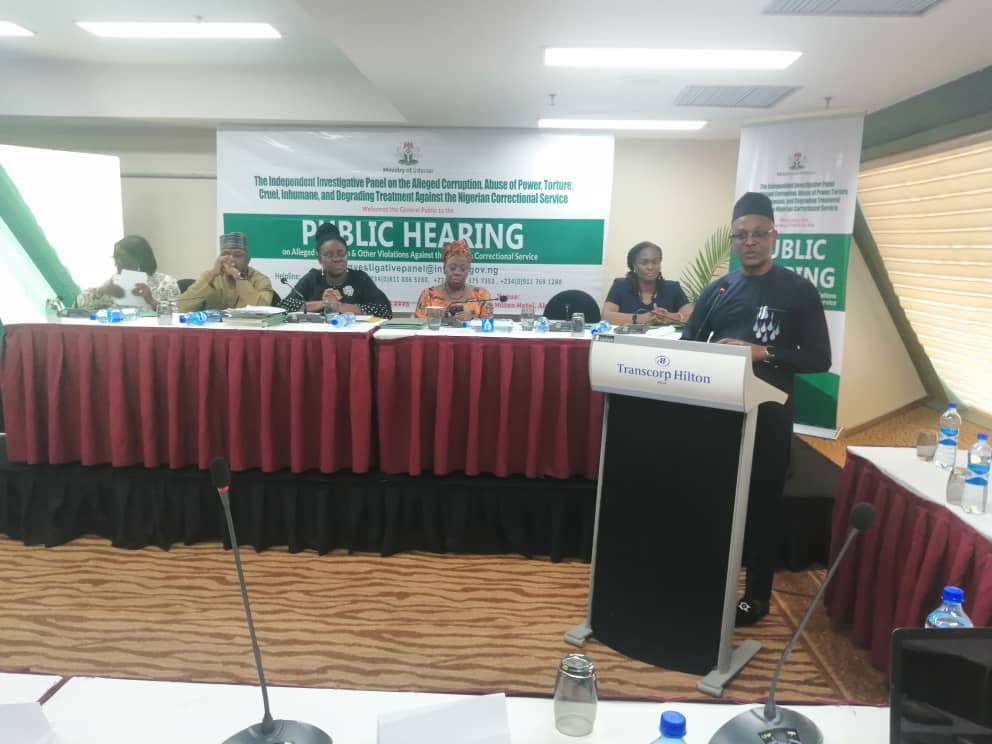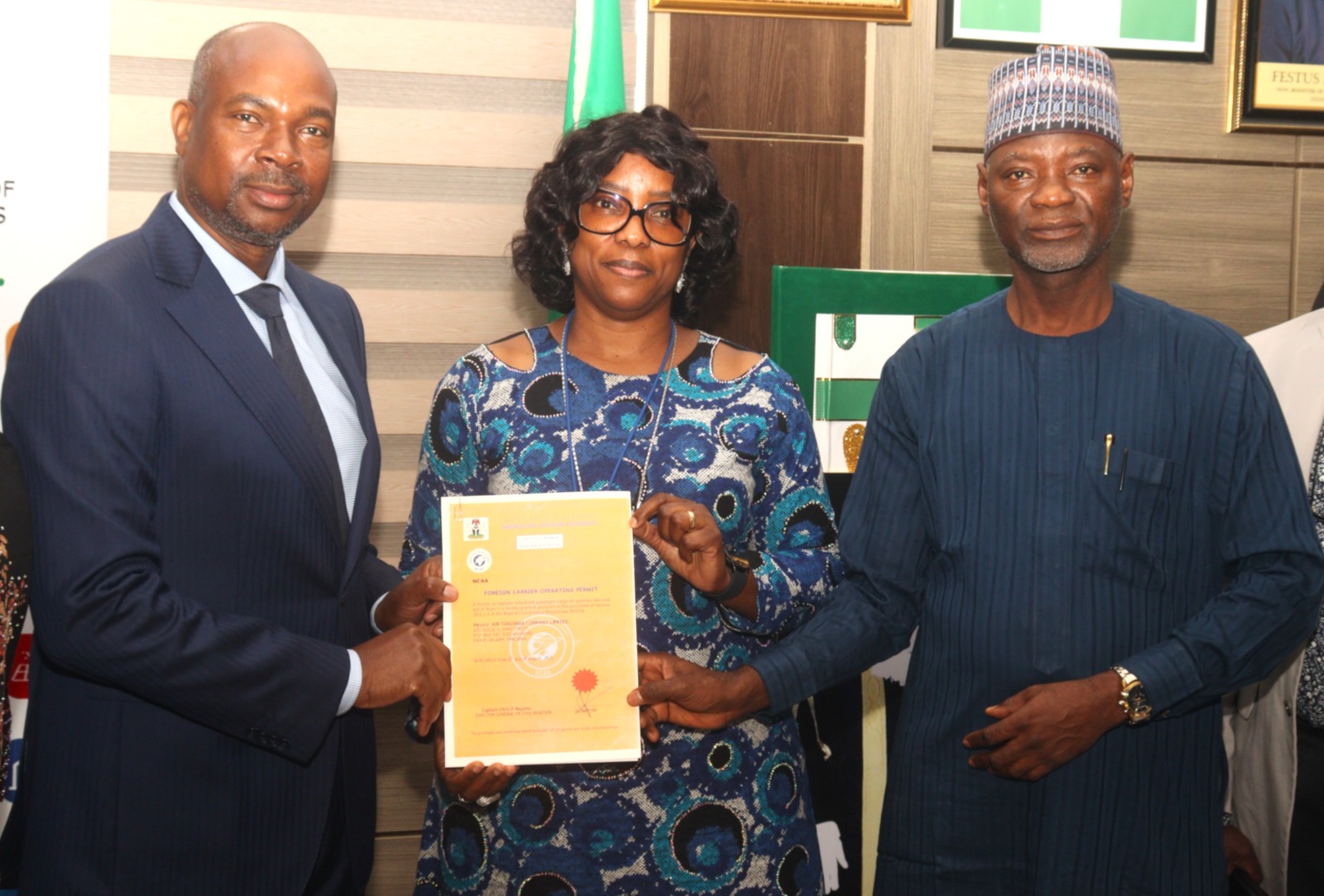LBy: Goodluck E. Adubazi, Abuja.
The Nigerian Correctional Service (NCoS) has revealed that it is grappling with serious challenges in the management of death row inmates, with a staggering 3,845 prisoners currently awaiting execution across correctional facilities nationwide.
The disclosure was made on Tuesday, August 12, 2025, in Abuja, by L. C. Cyrus, a representative of the NCoS, during the resumed hearing of the ongoing Independent Investigative Panel on human rights violations.
Cyrus noted that among the inmates on death row, 81 are female, making up approximately 5% of the total.
“There’s a very wide gap between male and female death row inmates, and in many cases, it’s men who end up in trouble—often in attempts to impress or provide for women,” Cyrus remarked.
Cyrus outlined several pressing issues facing the Service in managing death row inmates, also referred to as “IDRs” (Inmates on Death Row).
He pointed out that death row inmates contribute significantly to congestion in correctional facilities, exacerbating existing overcrowding issues.
This, he noted, makes it difficult to offer proper care, security, and rehabilitation.
“The cost of housing and managing death row inmates—often for extended periods—places a heavy financial strain on the government,” he added.
Cyrus also noted that many death row inmates remain in limbo for years as they await the outcome of appeals, clemency decisions, or the rare execution orders from state governors or the president. This prolonged uncertainty is said to have psychological impacts.
While death row inmates are generally excluded from rehabilitation and vocational training programs due to a prevailing belief that there is no need to reform someone scheduled for execution, Cyrus argued that this policy could be changed.
“The policy suggests that there’s no point rehabilitating someone who is expected to die. But this can change—these laws and policies can be reviewed,” he stated, noting that despite their status, death row inmates are still entitled to humane treatment and limited participation in religious or visitation programs.
The issue of execution itself has become contentious in Nigeria and globally, with human rights advocates arguing that it constitutes torture or inhumane treatment. Although the law still allows for capital punishment, many state governors and the president have been reluctant to sign execution warrants, effectively resulting in a de facto moratorium on the death penalty.
Cyrus concluded by emphasizing that while managing this class of inmates is complex and resource-intensive, the Nigerian Correctional Service remains committed to upholding their rights.
“We are working tirelessly to ensure that, despite the challenges, the rights and dignity of death row inmates are respected,” he said.













